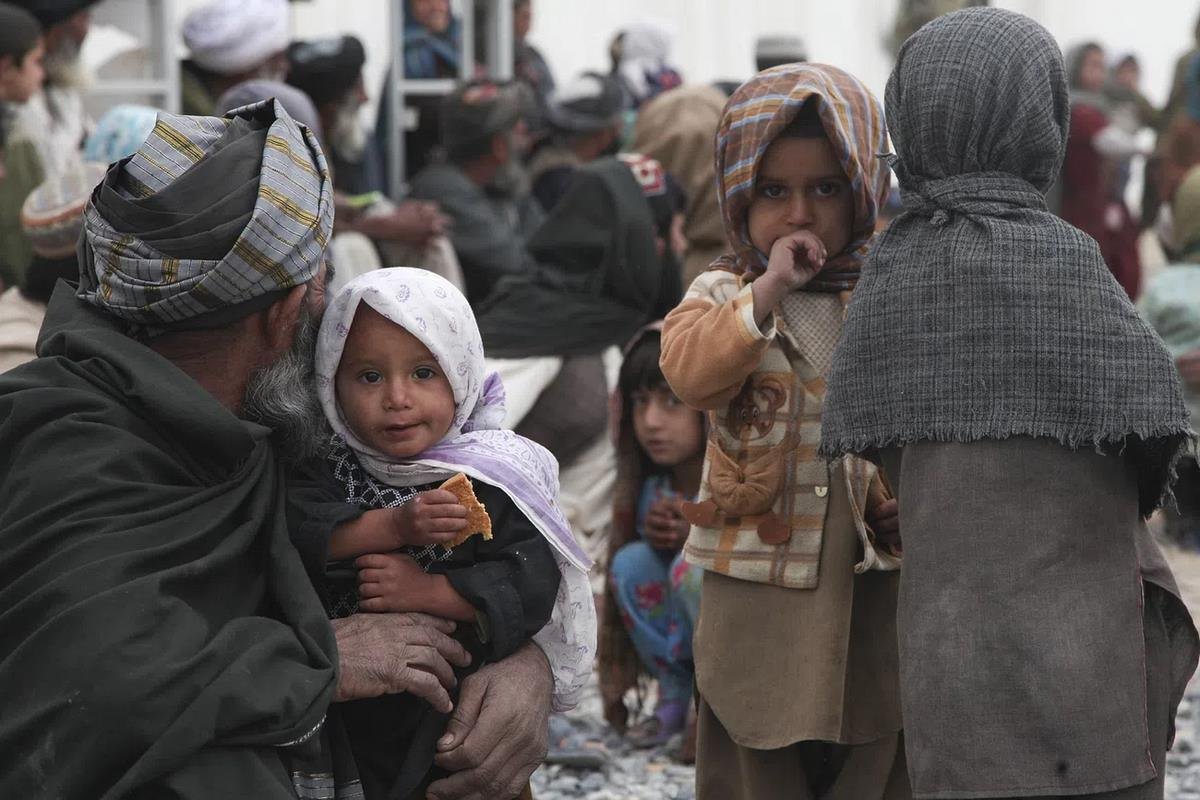ITALY, June 2nd, 2023. After 20 years of attempting and failing to unilaterally bend Afghanistan to America’s will, a group of US senators has introduced economic sanctions on the Taliban leadership in Kabul in order to try for a few years more.
19 Republicans introduced the bill, entitled the Taliban Sanctions Act, and it includes “sanctions relating to support for terrorism, sanctions relating to human rights abuses, sanctions relating to drug trafficking,” and “support for multilateral sanctions with respect to the Taliban”.
The UN Human Rights Council recently passed a resolution, in the face of opposition from America and her allies, that condemned the use of sanctions as the first step in international political disagreements, and as being against the UN Charter, Universal Declaration of Human Rights, and International Law.
The UN has also published several reports about the critical state of the South Asian nation’s food supply. Nearly all of the 40 million inhabitants are food insecure, with millions living in famine-like conditions.
“High acute food insecurity persists across Afghanistan, as a combination of a collapsing economy and drought is depriving nearly 20 million Afghans of food,” the executive summary of a 2021 report revealed, with nearly 6 million Afghans in a food “catastrophe,” which is referred to as famine-like elsewhere in the report, though David Miliband, president of the International Rescue Committee, told BBC it was 9 million.
World Food Program reports that 37 million of 40 million Afghans aren’t eating enough, and 38% of children under 5 are experiencing chronic malnutrition.
Despite this and without any sense of responsibility to help the nation their military attempted to conquer for 20 years, the US senators don’t feel that current methods are achieving US policy, namely the preventing of terrorist attacks originating from Afghanistan.
But they’re lying, because terrorists have no need of safe havens from which to strike. 9/11 was planned in hotel rooms in four countries and three US states, none of which were Afghanistan. Furthermore, conditions of famine are excellent breeding grounds for non-state actors, as seen during the two famines in America’s war in Somalia.
On a separate issue, Afghanistan’s TOLO Newsinterviewed political minds in the now-state-controlled on what they thought the sanctions would do.
“History witnesses that no kind of political and economic sanctions have impacted the rulers. The political and economic sanctions impact the nation,” said Wais Naseri, a political analyst.
“The leaders of the interim government need to get along with the international community as soon as possible and take practical steps to fulfill their wishes which are in fact the wishes of the people of Afghanistan, and they also need to take practical steps to alleviate the human rights issues, particularly the rights of women,” said Najib Rahman Shamal, a political analyst.
The Biden Administration has tried a couple of tactics to choke off support to Afghanistan in a method that wouldn’t give the impression that the US was impeding Afghan reconstruction or famine relief. WaL
PICTURED ABOVE: 38% of children under the age of five are experiencing chronic malnutrition, WFP reports, while 6 million Afghans are living in famine-like conditions. PC: DoD.
If you think the stories you’ve just read were worth a few dollars, consider donating here to our modest $500-a-year administration costs.



